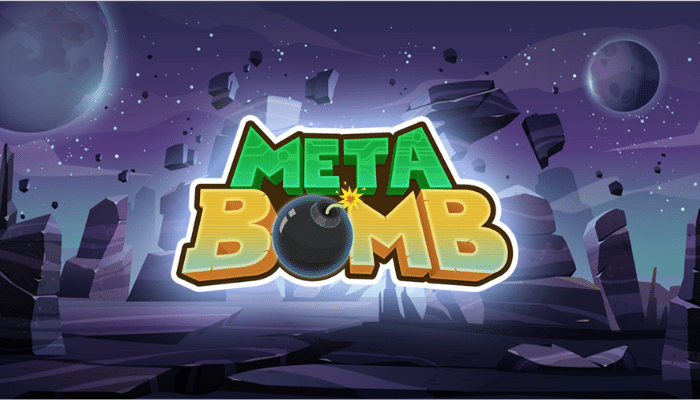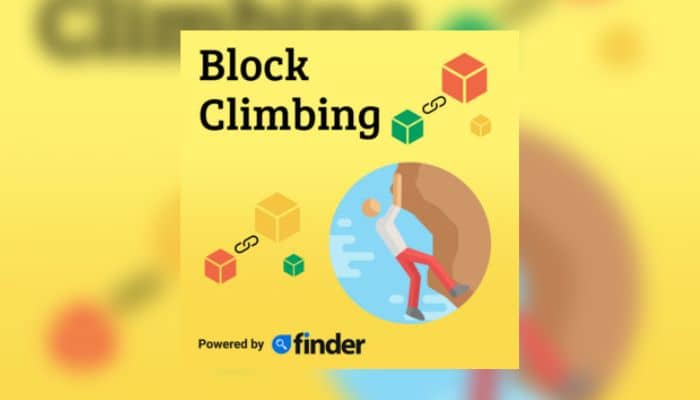Bangkok, Thailand – Cryptocurrency exchange company Huobi has announced that it is shutting down its operations in Thailand by July 1 this year after failing to secure a licence in the country, as well as a new statement from Thailand’s Securities and Exchange Commission delisting Huobi.
In an online statement, Huobi said that by 1 July, the Thai operations are no longer legally affiliated with the Huobi Group and its affiliates. It also encouraged its local users to withdraw their funds from the exchange.
“Since September 2021, we have been trying to contact all clients to withdraw their assets,” the statement said, while also urging other users to contact the exchange via email or Telegram for refund requests.
According to the newest statement from Thailand’s SEC, Huobi was found to have ‘flawed management structure and system’ between February and March 2021. Which, as per the Thailand Securities and Exchange Commission, was not sufficient to ensure compliance with required regulations, leading to its licence suspension’.
“The SEC, at its meeting No. 15/21, held on September 2, 2021, therefore resolved to recommend to the Minister of Finance. to consider revoking the licence to operate a cryptocurrency exchange trading centre and Huobi’s digital token trading centre, and ordered Huobi to suspend its services as a digital asset trading centre,” the SEC statement read.
The update is in line with Thailand’s recent strict guidelines on cryptocurrency use, stating that they are meant to avert potential impacts on the country’s financial stability and economic system.










